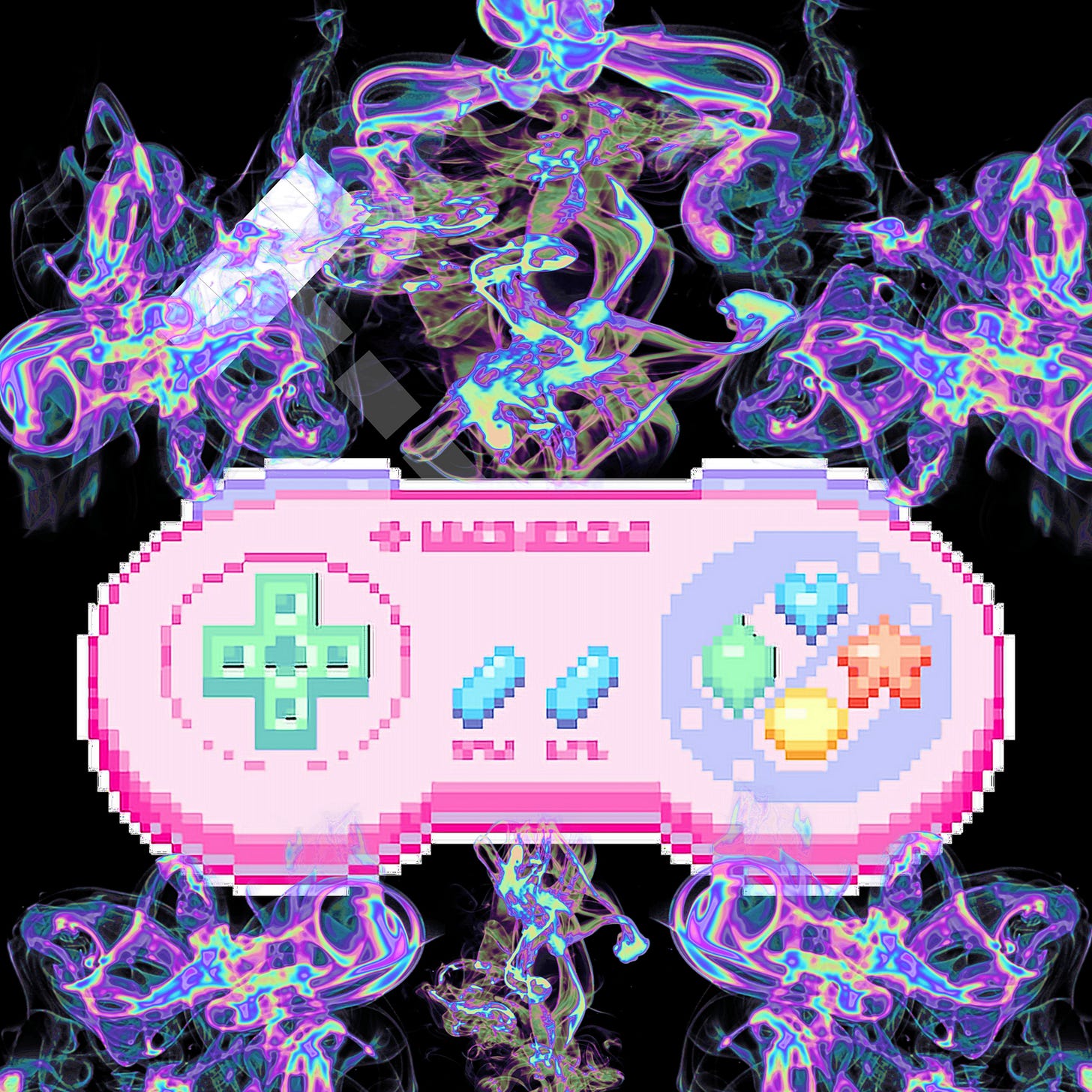The Philosophy of Control. [Sections 1-5]
The Philosophy of Control. by Eliot Rosenstock
Section 1: What and Who.
Agent: Controller
Object: Controlled-thing
---------
Object action descriptions-
Essential Use: A notion of an agent of the primary purpose of the object. This does not have to be widely agreed upon, but rather can be solely determined by a single agent.
Secondary Use: Various ways which those with minimal control interact with an Object’s essential use.
--------
Agent Descriptions-
Superior Control: When an Agent has large determinacy of an Object and it’s essential use.
Minimal Control: When an Agent has minimal to no determinacy of an Object’s essential usage.
Absolute Control: When an Agent has total determinacy of an Object’s essential use. Because the perception of an object may give the perceiver an ability to determine an object’s essential function, or delay something slightly, Absolute Control is usually only possible in Invisible States.
-------
Agent States:
Acceptance (psychological): A good faith effort to renounce control.
Conflict: Multiple Agents Controlling an Object (this is a typical state of an object)
Controller: An Agent who has Essential Use, Superior Control, or Absolute Control of an Object.
---
Section 2: What are some implications in what is involved in control?
Objects:
An object is only significant insofar as it is determined to have an essential use to an agent. This means objects can appear as something an agent desires a movement towards Superior Control over, which were formed outside of the perception of the agent.
In other words, an object which was unregistered by perception can blip into the game.
Agents:
Agents are inevitably involved in a process of being a controller, being in conflict, and accepting a lack of control. Because existence as a human involves accepting one can not pull down the sun by jumping and grabbing at it, as well as wanting to move things which are blocking our airways such as a pillow or maybe snot or our own lips, we humans (you readers) are thrown into a process of both acceptance and control.
Section 3: Superior Control or Minimal-No Control.
For essential reasons, minimal and no control are lumped together. Superior Control is given priority in Control theory because you can throw a tomato at a king, and minimally control the realm’s actions before you get beheaded.
Superior Control and gaining it is seen as an Absolute Good when determined by an agent as something desired.
Acceptance is not capable of being an Absolute Good, for it is the simple knowing of having minimal or no control.
Section 4: Co-Operation and negotiation is always conflict.
To desire the control of another agent is to objectify that agent. Even if agents are mutually objectified to produce satisfactory results, an agent must continue to be objectified by the other agent or eventually become nothing, depending on the agreement.
The becoming nothing, or the outside imposed necessity, is always a conflict in that an agent loses absolute control of themselves. In becoming an object to another agent, which is inevitable for humans being born, perceived and processed, humans are born into a state of conflict which they have minimal control over.
Section 5: Birth and Minimal Agency.
Because humans tend to be born into systems of co-operation which involve no agent input from the baby, the baby tends towards control in various manners of objects. In play, essential control of objects are imagined as are the significance of objects.
This requires the psychological state of acceptance of others to provide, as others are always initially better at initially providing for you than you are yourself as a baby. A Philosophy of Control which requires an antagonism between acceptance and control is intuitively birthed based on the necessity of life.
The necessity of life, for a biological agent, once an agent can provide itself with what it needs to sustain itself as alive to a significant degree outside of the family unit moves towards the outside of necessity. In addition, it can continue to rely on co-operation, but it has to negotiate the consequences of the antagonisms of maintaining the object-essence of family member with other members of that family.
Society promotes transactional relationships rather than co-operative relationships (in process, if not openly and consciously). The conflict of exchange is established rather than the conflict of co-operative agent identities. This relies upon the monetary system. Money on the small scale is gained from primarily from inheritance and labor, but sometimes it is gained from crime, which involves crime-labor, which is antagonistic to universal Society methods of exchange.
The baby relies on parents for surviving, which means the baby relies on the labor of the parent to survive. It can also rely on society via an orphanage or foster care system. A baby can not feed itself.
The initial infant necessity of the other inspires many philosophies, such as the idea that motherhood exists. This is most pronounced as the baby is developed inside a biological objectified agent. All mothers are objectified and in conflict with their baby. A spirit of co-operation and acceptance can soothe this fact to some degree, but it does not rid the initial condition of biological existence as one which strongly encourages and necessitates minimal control and acceptance (a psychological state not contradicting a lack of control).


